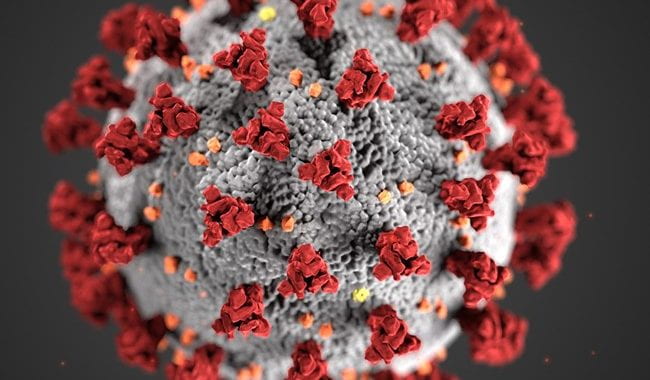COVID-19: The Pandemicene
Due to the worldwide COVID-19 pandemic, UC Santa Cruz, like many other higher education institutions, announced the suspension of in-person instruction, lectures and discussion sections through the full spring quarter, including all labs, studios, field research, and field study courses.
Now, with many communities ordered to stay-in-place, with only essential business allowed to operate, we find ourselves in the midst of a historic remaking of our entangled worlds. Science & Justice will be in real time working with our friends and colleagues around the world to make sense of and respond to this moment, the pandemicene.
How do we do science and justice remotely? Re-learn.
The SJRC has a robust network of local and international public health experts, scholars, and practitioners leading the way with collecting resources for teaching about COVID-19, writing open response letters, developing news items, and calls to action, and organizing and participating in online events.
Undergraduate Curriculum & Training
The SJRC will gather several undergraduate researchers to focus current Center research projects on the following emerging areas in the context of COVID-19:
- Re-Worlding: Living and Learning Alone Together in the Pandemicene
- Community, Civil Society and Social Justice Responses to COVID-19
- Just Biomedicine in an Age of COVID-19: How Can Researchers (Public Health, Genomics, Virologists, Bioethicists) Collaborate in New Ways?
- The Challenges of Knowing and Responding in the Age of No Data and Mis-information
- The Crisis of Public Health in Infrastructures of Care and Incarceration
Read more on these developing areas of concern in the campus news article, “Discrimination, governance, and trust in the age of COVID-19”, featuring SJRC Director Jenny Reardon.
Additionally, several courses have been designed to be offered in Spring 2020.
Founding Director Jenny Reardon has designed an undergraduate independent study seminar SOCY 194: Living and Learning in a Pandemic: The Sociology of COVID-19, that will draw upon insights from the Sociology of Medicine, Science and Technology Studies, Feminist Studies and Critical Race Theory to study the current pandemic, COVID-19.
Sociology Assistant Professor Rebecca London has designed an undergraduate course, SOCY 139T-02: Coronavirus and community: Sociological research on impacts and responses to the pandemic, that will center around a call for papers from Contexts Magazine: Sociology for the Public.
Graduate Training Program
In Winter 2020, the SJRC celebrated the Science & Justice Training Program’s 10th anniversary. As the accessibility of the university is being utterly transformed, we want to ask: how can what the COVID-19 public health crisis makes visible help us to rebuild a different university in the wake of this pandemicene? Meet our new cohort of fellows and learn more about their projects.
Developing Blogs & Calls To Action
The SJRC aims to make visible the many themes and calls to action that will emerge. SJRC affiliate faculty, undergraduate and graduate student researchers may contribute towards our developing blogs or use the platform to post their own writings for public consumption. Students of the SOCY 194 course and SJRC interns are developing an online zine. Calls will be shared and archived in the Center’s News Feed and on the COVID-19 Pandemicene’s project page.
Contact Founding Director Jenny Reardon (readon1@ucsc.edu) to get involved.

